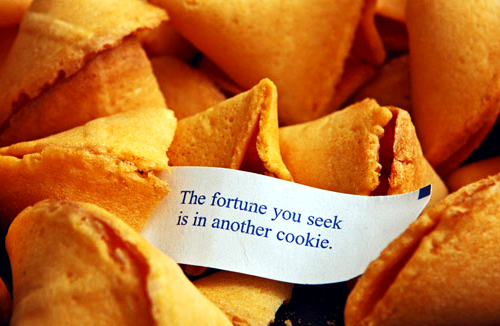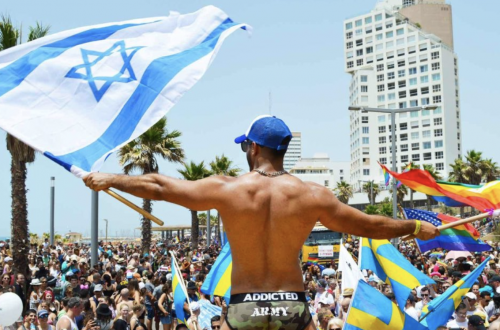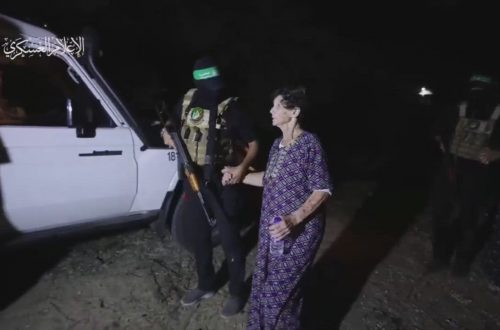This is a cross-post from falsedichotomies.com
This is the sequel to “My Zionist Narrative”
The Nakba was one of the greatest injustices in modern history. While everyone else was achieving their national self-determination, we were instead ethnically cleansed from our land, and all because we dared to oppose those who wished that we had never been here in the first place. Yes, we used violence, but theirs was far greater. Try to empathise for a moment. What would you have done? What choice did we have? To accept Zionism would have been to deny our existence as a people.
After the Nakba, we were scattered around the world. No matter where we were, whether in cities or refugee camps, what we shared – in that most awesome and unquantifiable of places that we glibly call the soul – was the conviction that we were part of the Palestinian people, and that our return to Palestine was worth striving for. Along the way, we made mistakes. We allied ourselves with factions that did not care about us; we used violence that was both immoral and detrimental to our cause. But we refused to be forgotten. Today there is no-one in the world who does not know about our struggle.
In retrospect, it is easy to say that we should have accepted partition in 1947. After all, we haven’t had a better offer since. But again, try to empathize. We were being asked to give up fifty six per cent of our land. Afterwards, it was so difficult to give up on our dreams. Had Israel ever acknowledged our loss, and sincerely offered us a solution, we would not have had to keep fighting.
None of this justifies our failure to deal with those who abuse our cause, who promote anti-Semitism and the destruction of our Jews. Our fight is a political one. If we try and see things from their perspective, everything becomes much clearer. We have to acknowledge their dreams and their connection to the land – we have to acknowledge that, whatever the past wrongs, we are both destined to live out our national futures in the land between the river and the sea, and then work out an arrangement that recognizes both our rights. As the occupier and the more powerful party to the conflict, the onus is on Israel. But there is much that we can do.
We need to actively solve our own internal problems, and not always blame others for them. Religious freedom must be strengthened, corruption stamped out, and solid, modern education spread far and wide. We must continue the modernization process, and ensure economic prosperity. Despite the huge difficulties, we have made some important progress on these issues over the last few years. This must continue. We must set the standards – set them high – and we must stick to them. We must be devoted to our national goal: the creation of a strong and viable Palestine state. I am prepared to acknowledge Israel as the Jewish homeland (while of course asserting the rights of our brothers and sisters who have Israeli citizenship), but they must acknowledge Palestine as the Palestinian homeland. And twenty-two per cent is not enough. We will need more territory, perhaps to the north of the West Bank, ensuring that we are fully connected to the wider Arab world and the Gaza Strip. Our refugees must be able to return to the State of Palestine, and they must be compensated for everything that was taken from them. Our prisoners must be freed, particularly the thousands currently in administrative detention. And we must have a capital in East Jerusalem.
To achieve these goals we must declare our desire to begin negotiations immediately, without pre-conditions, but with a reasonable time-limit. Whatever is decided must be put to a referendum that includes the entire Palestinian people. If negotiations fail, we must enact a strategy of non-violence, including boycott actions that focus on Israel’s economic strength (rather than the sideshow of targeting culture and academia, which is both a waste of our energies and plays into Israel’s hands).
But on the eve of Nakba Day, when they call us terrorists even when we adopt non-violent tactics, and tell us that this is not our land, the most radical thing we can do is look forward and imagine how wonderful a Palestinian state could be, a bridgehead between worlds and the ultimate symbol of the end of colonialism. We must never abandon our struggle. Even if you tell us that we should give up, we cannot budge. I am part of one of the most extraordinary national liberation movements in history, and if you force me to choose, it is to this that my loyalty will lie. I am a Palestinian, and although today it is our Nakba Day, from now on tomorrow will be our Rou’ya Day, our Vision Day.


